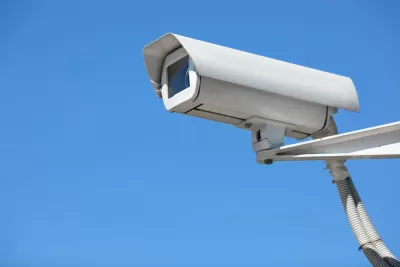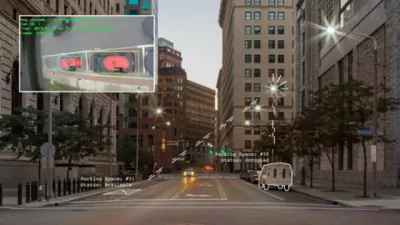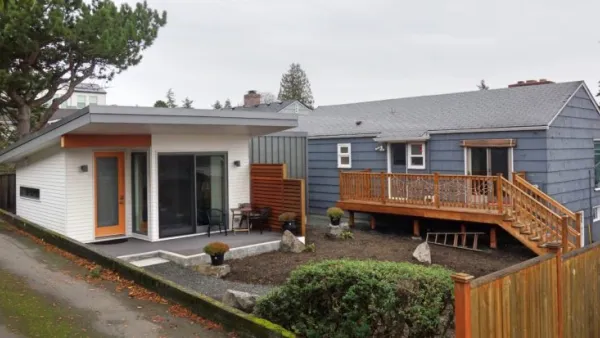As new technology for data collection becomes available to police departments around the country, concerns grow about what is being collected and who has access.

For the last two years the San Diego Police Department has been collecting DNA and facial recognition information. According to reporting from the New York Times, this collection requires no paperwork or demonstration of cause. The SDPD also uses automated license plate readers that track cars as they move through the greater San Diego area. Initially the department claimed this data was only available to SDPD. "They later acknowledged that in fact, SDPD does have a say over who shares data with and had, perhaps unwittingly, shared the data with at least 800 other law enforcement departments across the country, including federal law enforcement," Seth Hill Reports for the Voice of San Diego.
The acquisition and use of new technologies can present a host of dangers, even municipalities with the best of intentions may be vulnerable to hacks and the exposure of public data. "Sudden arrivals of unsecured surveillance systems in the hands of untrained police cannot be the way of the future," Hill argues.
The rapid development of facial recognition software makes this danger all the more acute. Because facial recognition software already available from services like Amazon, Hill argues, the federal government needs to create standards for how this technology can be deployed.
FULL STORY: Communities Deserve to Know Which Surveillance Devices Are Aimed at Them

Planetizen Federal Action Tracker
A weekly monitor of how Trump’s orders and actions are impacting planners and planning in America.

San Francisco's School District Spent $105M To Build Affordable Housing for Teachers — And That's Just the Beginning
SFUSD joins a growing list of school districts using their land holdings to address housing affordability challenges faced by their own employees.

The Tiny, Adorable $7,000 Car Turning Japan Onto EVs
The single seat Mibot charges from a regular plug as quickly as an iPad, and is about half the price of an average EV.

As Trump Phases Out FEMA, Is It Time to Flee the Floodplains?
With less federal funding available for disaster relief efforts, the need to relocate at-risk communities is more urgent than ever.

With Protected Lanes, 460% More People Commute by Bike
For those needing more ammo, more data proving what we already knew is here.

In More Metros Than You’d Think, Suburbs are Now More Expensive Than the City
If you're moving to the burbs to save on square footage, data shows you should think again.
Urban Design for Planners 1: Software Tools
This six-course series explores essential urban design concepts using open source software and equips planners with the tools they need to participate fully in the urban design process.
Planning for Universal Design
Learn the tools for implementing Universal Design in planning regulations.
Smith Gee Studio
City of Charlotte
City of Camden Redevelopment Agency
City of Astoria
Transportation Research & Education Center (TREC) at Portland State University
US High Speed Rail Association
City of Camden Redevelopment Agency
Municipality of Princeton (NJ)





























